Witold Kałuski
Nacimiento : 1922-01-03, Warsaw, Poland
Muerte : 1991-01-21
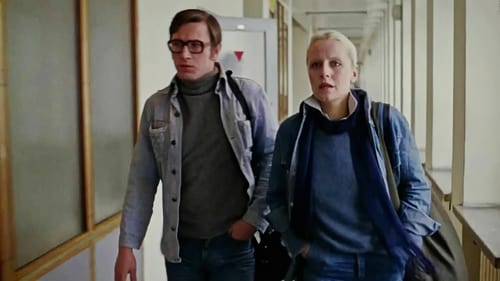
Narra las jornadas revolucionarias en los astilleros navales de Gdansk (o Danzig) protagonizadas por los obreros del sindicato Solidaridad, en el verano de 1980. Ese mismo año, un periodista radiofónico, más amigo del régimen comunista que de la verdad, debe cumplir una misión de difamación contra un destacado militante del sindicato Solidaridad, que resulta ser el hijo del héroe de "El hombre de mármol" (1977).

polityk amerykański na koncercie Paderewskiego w Nowym Jorku
A two-part historical film covering the years of the First World War and the post-war period up to 1919 - until the signing of the peace treaty in Versailles near Paris. An attempt to show the great and complicated process of regaining an independent existence by a nation within its own state. The screen shows characters from history textbooks: Józef Piłsudski, Ignacy Paderewski, Roman Dmowski, Wojciech Korfanty as well as representatives of the world political scene, incl. David Lloyd George, Woodrow Wilson, Georges Clemenceau, Vladimir Lenin and others.
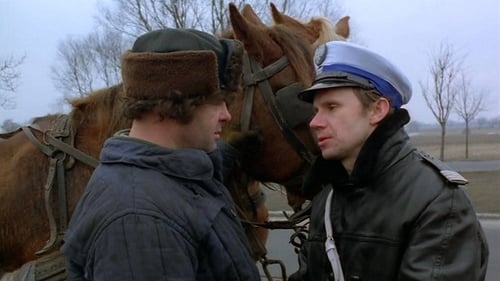
El protagonista principal, apodado "Teddy Bear" -oso de peluche- es el entrenador de un club deportivo. Un día, cuando su equipo queda fuera de la competición, alguien roba varias páginas de su pasaporte. Todo al tiempo que su exmujer intenta saquear su cuenta bancaria en Londres. Para solucionar sus problemas, decide hacer una película...
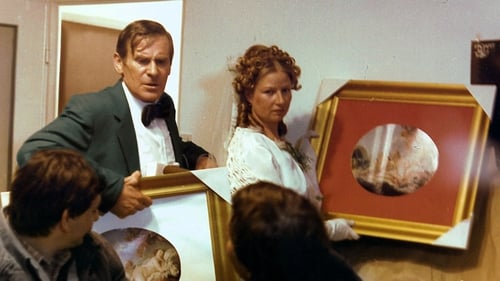
właściciel malucha (nie występuje w napisach)
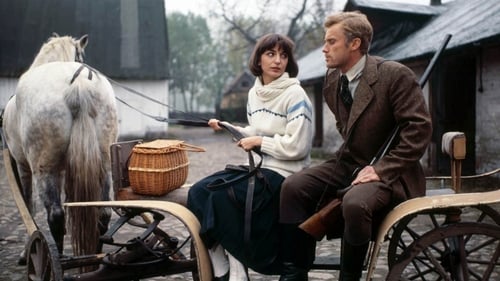
Coachman
Set in the late '20s. A thirtyish young man, who heads a small factory, faints at the funeral of a close friend. He decides to go home to his aunt and uncle for a while, but gets involved with a family of five women who had been in love with him at one time though he had apparently loved only one, who, unknown to him, has died since his departure. The women are mainly disillusioned with life or estranged from husbands while the youngest has a crush on him.

Górecki
Falsely accused Warsaw art museum assistant goes into hiding as a woman.

Antoni, brat Jadwigi
A young farm boy spends his days dreaming and making totem-pole like sculptures out of wood. His brother is a go-getter: studies agricultural engineering, comes back with diploma to marry the pretty girl next door. The dreamer graces puts his sculptures around, invoking anger of his father and ridicule of the peasants who find him useless. During the brother's wedding he sets his totems ablaze. He makes a pass at his new sister-in-law, but returns to his own reveries. In the end he hears a call to bring a log out of the marshes, but during the escapade sinks into the bog.
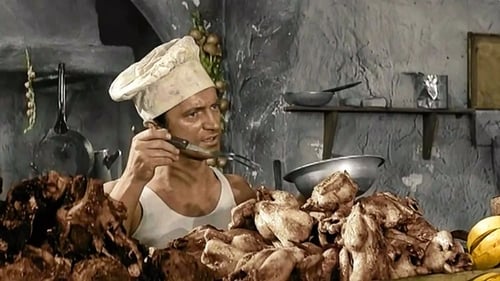
Kapitan włoski
After escaping across Europe from Stalag camp, Dolas's ride to Cyprus is stopped when his ship in sunk by an Italian submarine. Although he and some of his fellow sailors are rescued by an Allied ship, they find themselves conscripted into the French Foreign Legion in Beirut, Dolas becoming a cook.
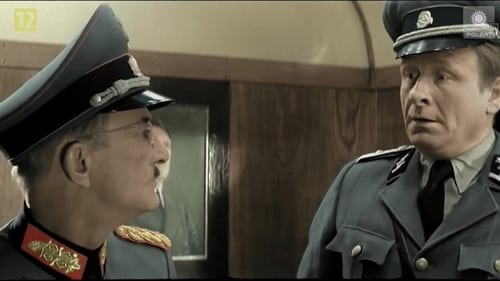
Italian Captain
On the night of August 31, 1939, Dolas, from a platoon reinforcing a train station on the German border, falls asleep in a train car and unknowingly crosses into Germany. The moment he shoots a German, who he thinks is a saboteur, the German invasion of Poland begins, and Dolas is convinced it was his fault. He is taken to Stalag POW camp, the first destination in his odyssey around Europe.
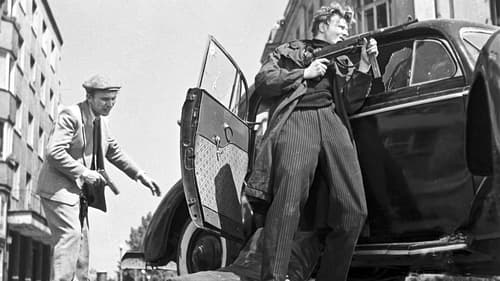
Lekarz
Thriller bélico basado en el famoso asesinato del criminal de guerra nazi Franz Kutschera, comandante de la policía y las SS en el Distrito de Varsovia, ejecutado por el AK polaco el primero de febrero de 1944. Kutschera era apodado "el torturador de Varsovia" por haber ordenado una serie de ejecuciones masivas y su muerte suscitó represalias inmediatas por parte de los ocupantes alemanes, que fusilaron a 100 rehenes inocentes. Sin embargo, el asesinato fortaleció los espíritus de los paisanos polacos y reavivó sus esperanzas de victoria. La película obtuvo reconocimiento local e internacional en países que también habían luchado contra el fascismo.







